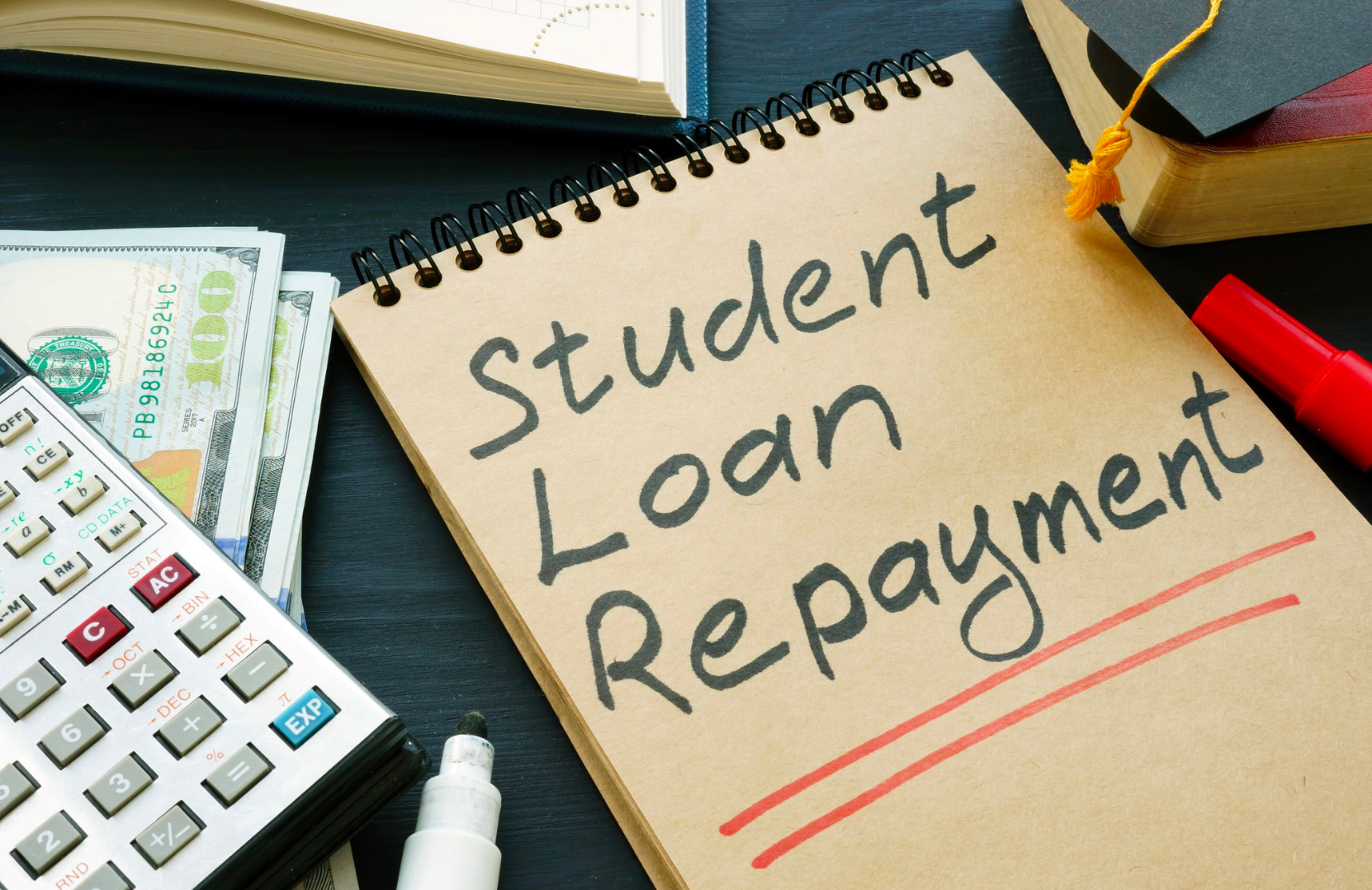On Nov. 1, 2022 Employment and Social Development Canada announced that Canadian students can expect more flexibility with student loan repayment with recent changes made to the Canada Student Financial Assistance Program (CSFAP)’s repayment assistance plan. These changes will increase the zero-payment income threshold for students who take on student loans to begin paying when they hit the threshold.
Prior to Nov. 1, 2022, a single-person family was required to make repayments if they met the yearly earning threshold of $25,000. Now, repayment doesn’t begin until a single student starts making $40,000 per year. Initially, the Liberal government made plans to raise the threshold to $50,000. For larger families, the threshold will be priced accordingly.
The goal is to provide recent post-secondary graduates the opportunity to enter the workforce without the added stress of loan repayment, especially when the job market is unsteady following the pandemic.
During the COVID pandemic, the Liberal government made the decision to freeze the interest rate on student loans. The economy has taken a hit due to the global pandemic, and people are still readjusting from the lasting effects.
Right now, repaying student loans is not a viable option for many Canadian students. Canada’s Consumer Index shows major inflation for food prices and housing. Tuition fees have also increased for Canadian students with Albertans facing the worst of the price increase (up to 7.7 per cent).
Because of the increase of tuition, Canadian students will spend more time paying off borrowed money. For example, it can take up to 3 years to repay a loan of approximately $3000, but larger loans of over $6000 may take over a decade to clear.
With the combined stress of entering the workforce and paying for living expenses, repaying student loans can seem daunting. It may give students some peace of mind to know that they now have some time before they have to begin paying them off.
When students do begin repayments, the cap on monthly payments has also reduced. Instead of being required to pay 20 per cent of one’s monthly household income, the cap has decreased to 10 per cent. Students will not need to compromise as much when it comes to paying for necessities and personal spending.
What does this mean for MacEwan students? These changes may be a breath of fresh air for students concerned about financial instability in their future.
With the proposed changes by the Liberal government to eliminate interest on federal student loans, the discussion around student loans continues and is thankfully not stopping anytime soon.





0 Comments